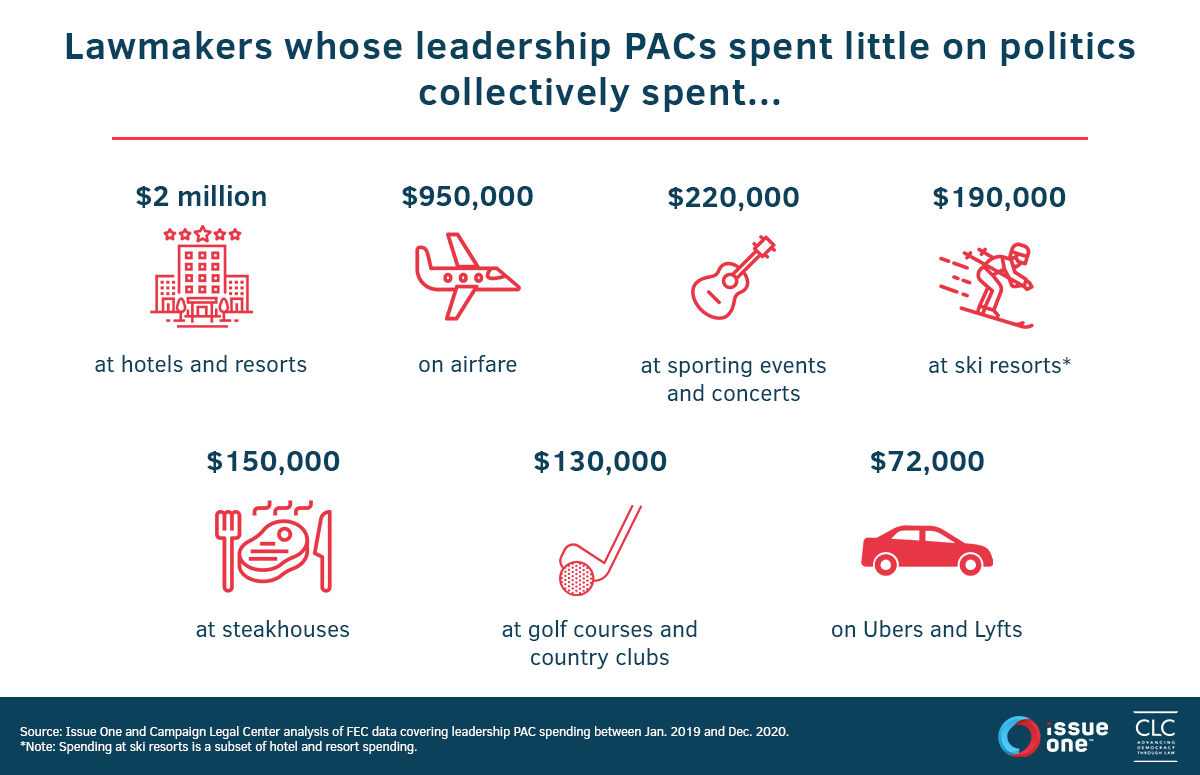Archived
Pay-to-Play is Bad for Business
Growing up, my father would often tell stories of his days as a professional musician. A major lesson he imparted on me is that a musician should never pay to…
Archived
New emails released from the State Department during presidential candidate Hillary Clinton’s time in charge reveal a disappointing trend: a series of exchanges between Clinton Foundation heads and donors that culminated in access to the Secretary of State herself.
While the emails, as of now, fail to show any actual favors granted, the general practice of donations-for-access is quite troubling.
The Supreme Court established in Citizens United v. FEC, and upheld in McCutcheon v. FEC and 2016’s McDonnell v. United States, that “ingratiation and access” are not corruption. To identify a clear instance of corruption, there must be an explicit quid pro quo — a specific “this for that.” A quid by itself is not enough to convict an individual with corruption.
But a large donation, a wink and nod, is sufficient to at least bend policy without explicit exchanges.
If conservatives are frustrated by Secretary Clinton’s behavior, but even more so by the fact that she likely won’t face any repercussions, join the club.
This sort of influence peddling is a daily occurrence with our elected officials. Thanks to lax campaign finance laws, further weakened by Supreme Court decisions like Citizens United and McCutcheon, large donors have more influence over candidates than ever.
Meredith McGehee, policy director at the Campaign Legal Center, said, “This is classic access and influence buying.” But the Court has declined to call this behavior corruption. “They say this is just the way the system works,” she said. “They’re saying spending large sums of money doesn’t give rise to quid pro-quo favors.”
Issue: Ethics &
Accountability
Archived
Growing up, my father would often tell stories of his days as a professional musician. A major lesson he imparted on me is that a musician should never pay to…
Archived
A number of states and localities have made disclosure reform a priority, producing innovations worth emulating. These institutions, unrestricted by congressional gridlock, offer proving grounds for a variety of reforms.…
Archived
12 national groups, including Issue One, have endorsed the 21st Century Democracy Agenda, a comprehensive policy platform to reduce the influence of money in politics and ensure that everyone has a…

